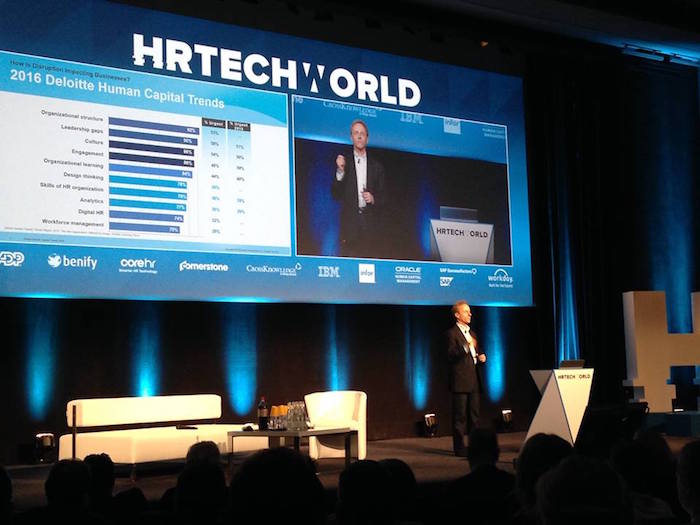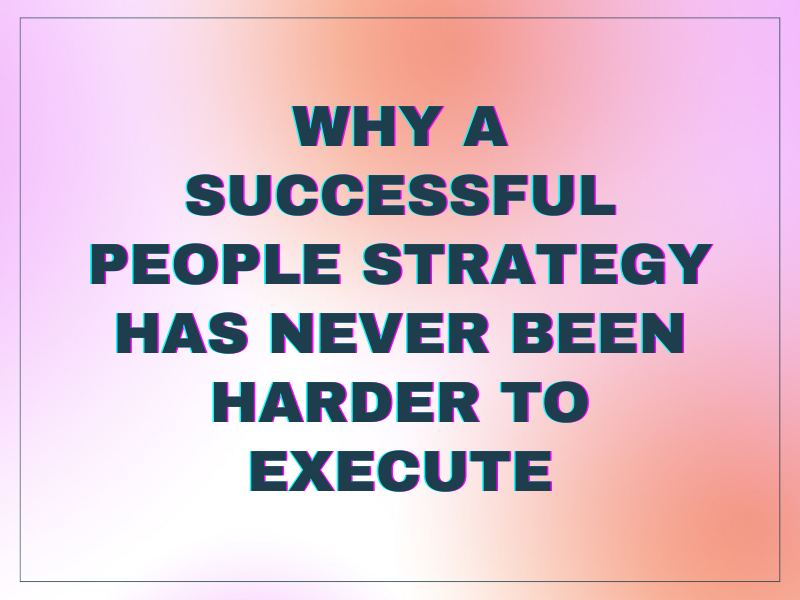Even though technology will automate many jobs, it will also create new ones. The education systems of most countries are already struggling to keep up with the economy’s demand for developers, data scientists, UI/UX designers and digital marketers. According to research by the Boston Consulting Group, in high-skilled jobs, technology trends are likely to increase, rather than alleviate, the mismatch between labour supply and demand.
This will put severe pressure on societies and companies around the globe to increase productivity and adopt more diverse and global talent acquisition practices. HR will undergo a fundamental change and become a lot more strategic and, much like marketing has in the past decade, a lot more analytical and technologically savvy.
In fact, many leading tech companies in the world have already moved away from viewing HR as a compliance-driven administrative function, deploying resources to focus on employee experience and people analytics. Google’s former SVP of People Operations, Laszlo Bock, has published an excellent book about using analytics to create better workplaces. Microsoft has an HR Business Insights team dedicated to people analytics, whose general manager, Dawn Klinghoffer, gave an overview of Microsoft’s people analytics practices at the HR Tech World Congress in Paris.
HR Tech World is the world’s premier event dedicated to a hot new industry, HR technology. According to CB Insights, HR technology is capturing increasing attention and funding from VCs, with $2.4bn poured into HR tech startups in 2015 by leading investors such as 500 Startups and Andreessen Horowitz.
Looking at the exhibitors at this autumn’s HR Tech World Congress in Paris, it is not difficult to see why. Many of the startups featured at the conference’s disruptHR stage are offering solutions to problems that plague businesses all over the world, including Japan.





